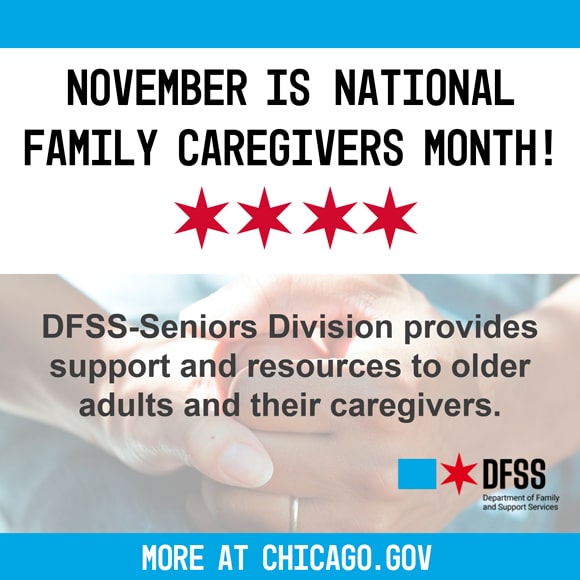Taking steps to protect your ticker
Let’s get to the heart of the matter. The heart is one of the most important organs in your body. It’s about the size of your fist and is composed of muscle that expands and contracts to pump blood throughout your body, nourishing every cell. It is responsible for just about everything that gives your body life.
Yet, 28.4 million Americans are living with heart disease. It’s the leading killer for both men and women, responsible for one out of every four deaths.
Some lifestyle factors are within your control. If you stop smoking, eat the right foods (limit saturated fats; eat more fruit, vegetables and whole grains) and exercise five days a week for at least 30 minutes at a clip, it will help lower your blood pressure and cholesterol. Medications to treat high blood pressure and cholesterol can also help.
Numbers don’t lie. When talking to patients about heart disease, Jason Robin, MD, a cardiologist at NorthShore University HealthSystem, uses risk estimator calculators, such as the ASCVD (atherosclerotic cardiovascular disease) calculator, to determine a patient’s likelihood of developing heart disease.
Robin plugs in the numbers for a 65-year-old white male, nonsmoker, without diabetes, who has a total cholesterol of 210 (“average,” Robin says), HDL cholesterol of 45, systolic blood pressure of 140 and who is taking blood pressure medication. He presses “enter” and the calculator spits out the results: That person has a 19 percent risk over 10 years of having a cardiovascular event. By getting his blood pressure down to 120 and putting him on a low dose of a statin such as Lipitor, his risk drops to about 8 percent — almost a 58 percent risk reduction. Small steps can make a big difference.
For those with heart disease, minimally invasive cardiac surgery approaches are providing new options, Robin says. Specialists can perform surgery through small incisions using specialized equipment and robotic techniques, reducing the need for invasive open heart surgery in which the sternum is cracked.
“Certainly, we’re getting toward many more minimally invasive techniques when it comes to valvular disease, which means less time in the hospital and less morbidity,” Robin says.
Non-medical approaches like diet and exercise are also important, says Ankur Shah, MD, a cardiologist at the University of Chicago Medicine.
“If we can prevent something from happening, it is easier to manage than having had a cardiac event and figuring out what to do after the fact,” Shah says. “It’s a matter of empowering the patient. I try to focus on what they themselves can control versus the ease with which we can give medicines to control blood pressure or cholesterol.”
As the workhorse of the body, your heart pumps blood to every other organ system — the brain, the lungs, the liver, the kidneys, the gut, all your muscles
After all, our heart is pretty important. “As the workhorse of the body, your heart pumps blood to every other organ system — the brain, the lungs, the liver, the kidneys, the gut, all your muscles,” Shah says.
“As your heart health improves, your resting heart rate can go down, your blood pressure can go down and your cholesterol numbers can improve. Along with these changes, you’ll feel like you have more energy. You’ll feel more well-rested, and your ability to cope with stress will improve. Inside your body, the reactivity of your blood vessels improves and other chronic conditions can improve,” he says.
No one wants to be a heart breaker. In this issue of Chicago Health, we take a deeper look into what makes someone at risk for heart disease, stunning new advances in treatments and the connection between cardiovascular disease and depression. We also delve into the issue of medication adherence among heart patients and talk about heart-healthy fitness and nutrition.












